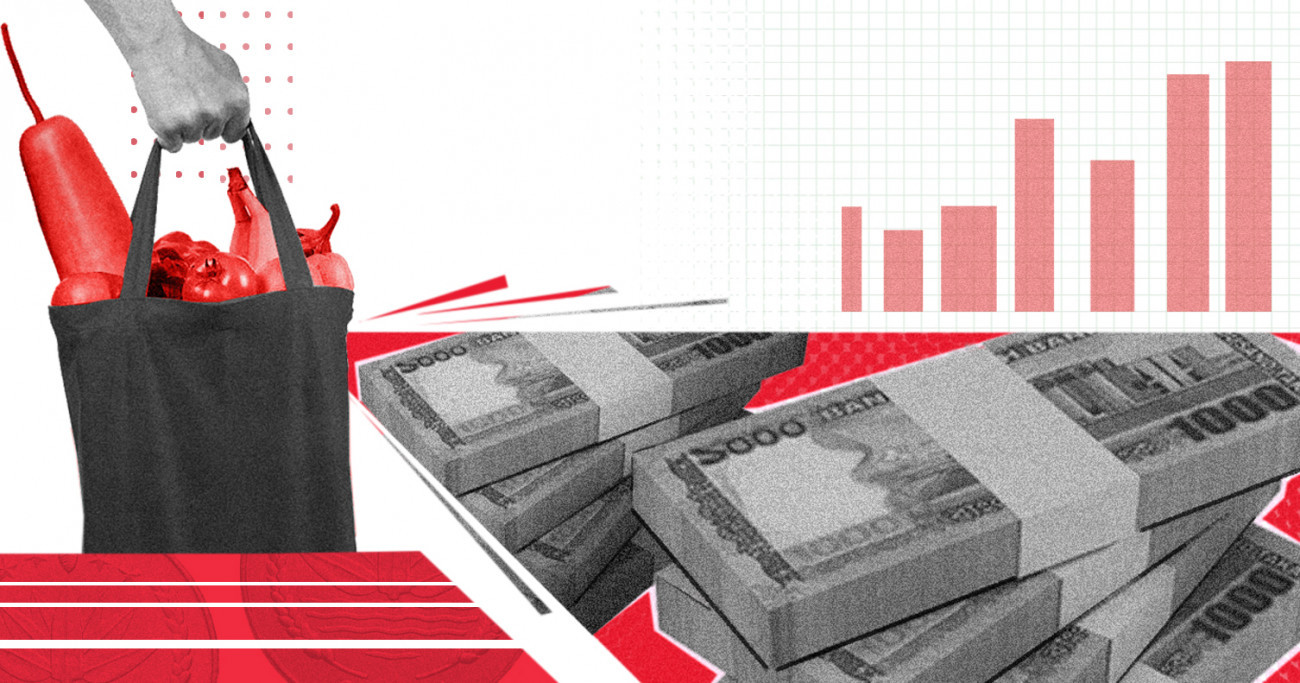Bring more businesses under the VAT net

The heavy loss of revenue due to the government's failure to bring all high-cost luxury item sellers into the value-added tax (VAT) net is alarming. Consider the case of gold. According to a report by this daily, out of 40,000 jewellery shops in Bangladesh, only 8,000 have VAT registration, while only 1,000 have Electronic Fiscal Devices (EFDs) installed for sales monitoring. As a result, VAT collection from this sector was only about Tk 100 crore in the last fiscal year.
Given the high price of gold, which ranges from Tk 8,533 to Tk 12,673 per gram, and its estimated demand of 20-40 tonnes per year, the government could have earned at least Tk 850 crore annually in VAT, taking into account the five percent VAT on jewellery sales. Yet, over the past 15 years, efforts to boost tax collection through electronic sales registers have largely failed—not just in the jewellery sector, but in many others as well. It is no wonder that Bangladesh remains among the countries with the lowest tax-GDP ratio—below eight percent.
It is ironic that while the government struggles to collect VAT from luxury sectors such as jewellery, it has, earlier this year, raised the VAT on some essential items and services, such as mobile phone talk time and broadband internet. This decision, though later withdrawn, sparked criticism from experts who advocated for expanding the tax base rather than imposing additional indirect taxes on ordinary citizens.
Thankfully, the National Board of Revenue (NBR) has initiated measures to enforce VAT registration and EFD installation, beginning with the jewellery sector. While the agency's meeting with the Bangladesh Jewellers' Association is expected to bring positive results, NBR officials must also conduct on-site visits to ensure compliance and encourage businesses to digitise their VAT payment processes. Strict action must be taken against any attempts at VAT evasion, and internal investigations should be conducted to identify and penalise officials likely complicit in helping businesses evade VAT and tax.
It is unacceptable that despite having approximately 2.72 lakh registered companies and 79 lakh small and medium enterprises, the number of VAT payers in Bangladesh stands at only five lakh. This number must be significantly increased. A comprehensive approach—combining strict enforcement, technological integration, and institutional accountability—is essential to ensure that all businesses, particularly those dealing in luxury goods, contribute their fair share to national revenue.



 For all latest news, follow The Daily Star's Google News channel.
For all latest news, follow The Daily Star's Google News channel. 



Comments